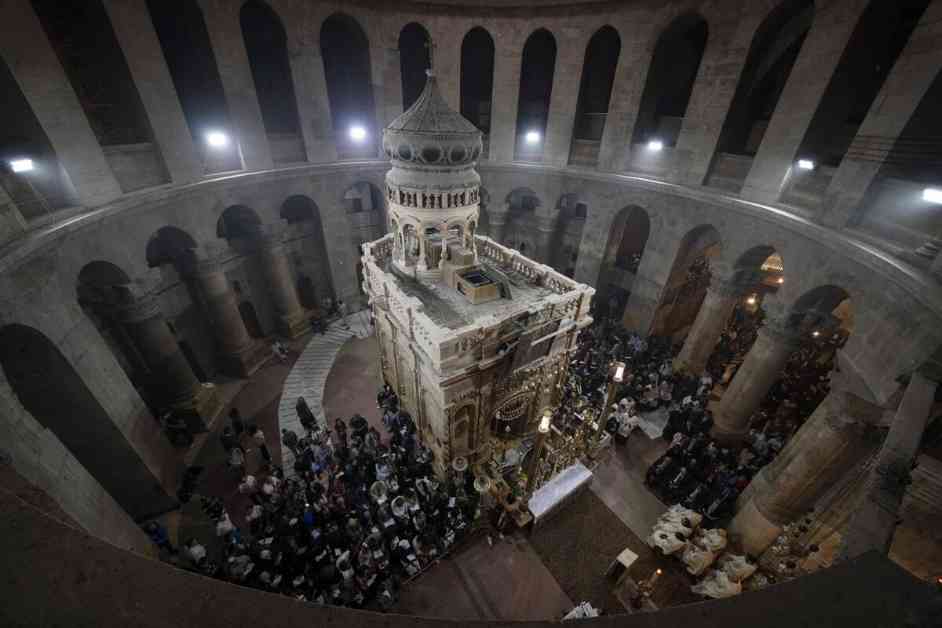Church leaders in the Holy Land are facing a new challenge as Israeli authorities have initiated tax proceedings against them, causing major churches to accuse the government of launching a “coordinated attack” on the Christian presence in the region.
While Israeli officials claim that this is a routine financial matter, church leaders argue that this move disrupts a centuries-old status quo and demonstrates a growing intolerance towards the small Christian community in the Holy Land.
The heads of the Catholic, Greek Orthodox, and Armenian Orthodox churches recently sent a letter to Prime Minister Benjamin Netanyahu, expressing their concerns about warning letters they received from four municipalities in Israel regarding potential legal action if taxes are not paid.
The Christian community in Israel is a minority, representing less than 2 percent of the population and consisting mostly of Palestinians. Despite being major landowners, the churches have not paid property taxes for years due to longstanding traditions. They argue that the funds they use benefit the state through services such as schools, hospitals, and homes for the elderly.
The municipalities of Tel Aviv, Ramla, Nazareth, and Jerusalem have either issued warnings or initiated legal action against the churches for alleged tax debts. The Jerusalem municipality stated that the churches had not requested tax exemptions for their properties in recent years, leading to the need for debt collection discussions.
In 2018, a similar issue arose when Israeli officials attempted to impose taxes on commercial properties owned by churches, leading to the closure of the Church of the Holy Sepulchre in protest. This site, believed to be where Jesus was crucified and resurrected, holds significant religious and cultural importance for Christians.
The Christian leaders argued that taxing these properties would impede religious observance in the Holy Land, resulting in a public outcry that prompted Netanyahu to suspend the tax plan.
The ongoing dispute between the Israeli government and church leaders highlights the complex relationship between religion, tradition, and state finances in the Holy Land. As the debate continues, it remains to be seen how both parties will navigate these challenges while preserving the religious diversity and cultural heritage of the region.



